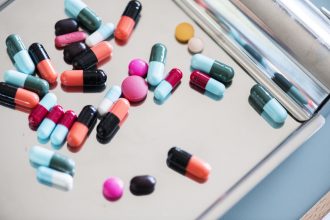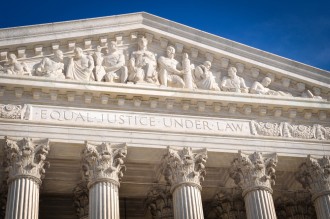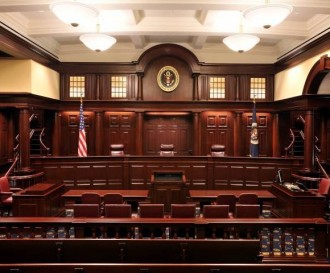
September 20, 2019
FDA Publishes New Guidance Limiting Petitions that Could Delay Biosimilar Applications
FDA recently published new Guidance that places more limits on 505(q) citizen petitions that are considered to delay biosimilar applications (351(k) applications), in addition to ANDAs and 505(b)(2) applications.
Under 505(q)(1)(A), FDA shall not delay approval of an ANDA, a 505(b)(2) application, or a 351(k) application because of a petition unless the Agency determines that a delay is necessary to protect the public health. This has led to a number of citizen petitions being filed, alleging a public health concern, in order to delay generic or biosimilar application approval.
If a citizen petition is filed that meets all of the provisions of 505(q), FDA will next determine if the petition may be summarily denied if the primary purpose of the petition is to delay approval of an application and does not on its face raise valid scientific or regulatory issues.
While not exhaustive, the Guidance lists the following considerations FDA will examine to determine if the primary purpose of the petition is to delay an application:
- Submission of a petition when it appears, based on the date that relevant information relied upon in the petition became known to the petitioner (or reasonably should have been known to the petitioner), that the petitioner has taken an unreasonable length of time to submit the petition
- Submission of multiple and/or serial petitions or supplements to petitions raising issues that reasonably could have been known to the petitioner at the time of submission of the earlier petition or petitions
- Submission of a petition close in time to a known, first date upon which an ANDA, a 505(b)(2) application, or a 351(k) application could be approved (e.g., submission close in time to the expiration of exclusivity or, for 505(b)(2) applications and ANDAs, a patent that may affect the timing of an application’s final approval)
- Submission of a petition with little or no data or information in support of the scientific positions set forth in the petition
- Submission of a petition raising the same or substantially similar issues as a prior petition to which FDA has already substantively responded, particularly when the subsequent submission closely follows in time the earlier response
- Submission of a petition concerning standards for approval of a drug product for which FDA has provided an opportunity for public input (such as when FDA has issued draft or final product-specific guidance applicable to the drug product) and the petitioner has not provided comment other than through the petition
- Submission of a petition requesting that other applicants be required to meet standards for testing, data, or labeling for their products that are more onerous or rigorous than the standards FDA has determined are necessary for the applicable listed drug and/or petitioner’s version of the same product (e.g., requesting that the generic company be required to adopt restrictions on distribution of its product that are similar to restrictions that have been voluntarily adopted by the brand company) or for the applicable reference product and/or a biosimilar or interchangeable biosimilar to that reference product
- Other relevant considerations including the history of the petitioner with the Agency (such as whether the petitioner has a history of submitting petition
The Guidance comes as a response to many complaints that inappropriate 505(q) petitions are being filed. In addition to denying the petition, if FDA determines that the primary purpose of a 505(q) petition was to delay an application, FDA will refer the matter to the Federal Trade Commission and the petition will be included in FDA’s annual report to Congress.
See: Sept 2019 Guidance




































